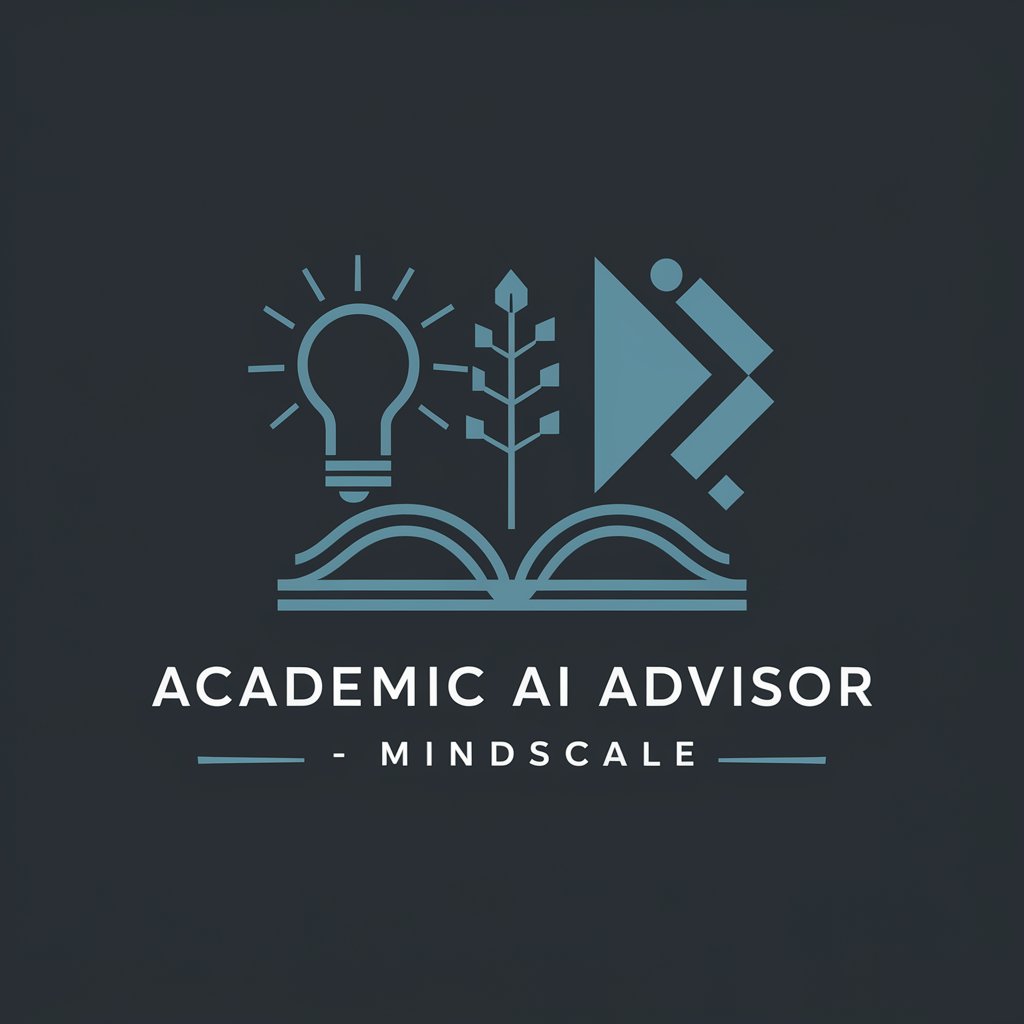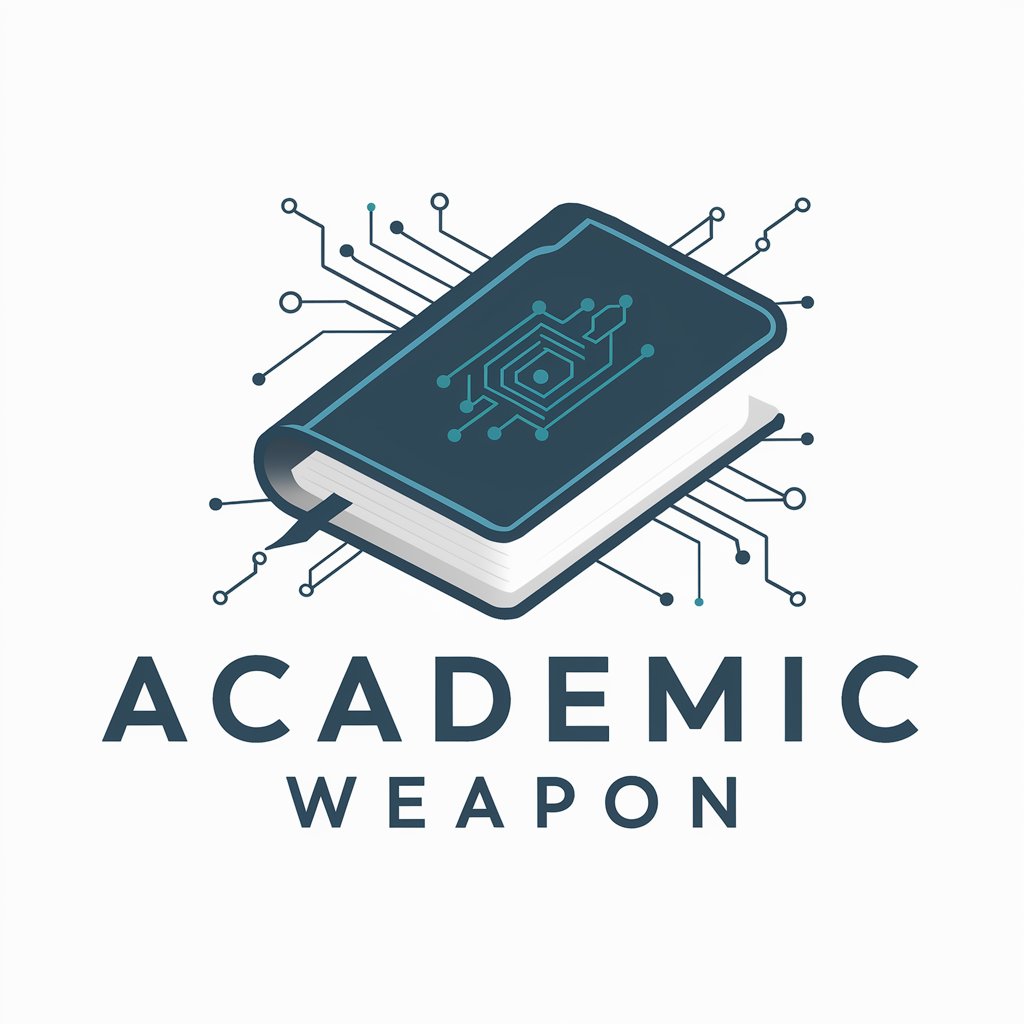
AI in Academia - AI Academic Support
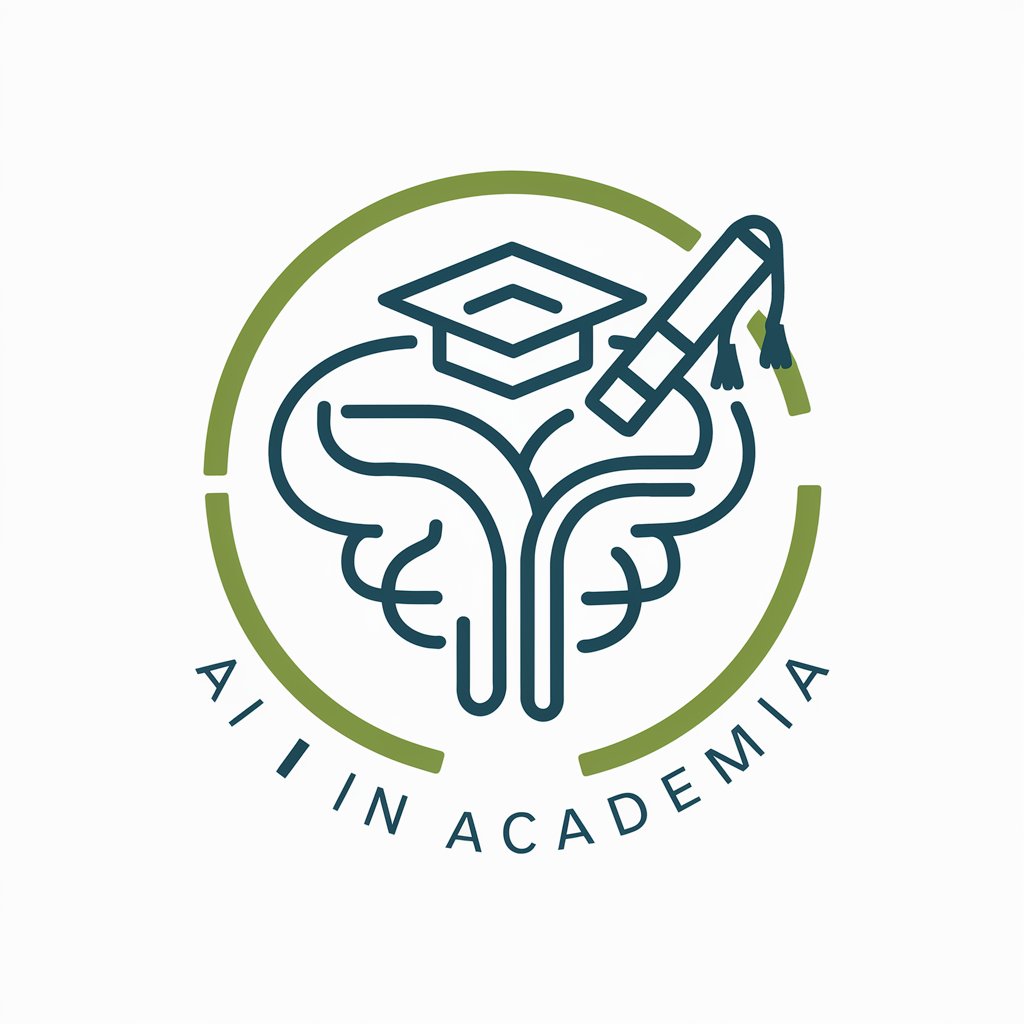
Welcome to AI in Academia, your tailored academic guide.
Empowering academia with AI innovation.
Explain the impact of AI on modern education...
How can generative AI improve research productivity?
Discuss the ethical considerations of using AI in academic settings...
What are the potential challenges and benefits of hybrid teams integrating AI?
Get Embed Code
AI in Academia: Overview and Purpose
AI in Academia is designed to serve as an academic guide, adapting responses to suit the varying levels of understanding and interest across students. It aims to provide detailed, contextually relevant information, extending from simplified explanations for basic inquiries to in-depth discussions for complex topics. This tailored approach ensures inclusivity, fostering an environment conducive to learning and inquiry for all students, regardless of their academic standing. Examples include assisting with research queries, providing study aids, and enhancing teaching methodologies through AI-driven insights and applications. Powered by ChatGPT-4o。

Core Functions and Applications
Research Assistance
Example
Compiling and analyzing literature reviews, generating hypotheses, and suggesting methodologies for various academic fields.
Scenario
A postgraduate student uses AI in Academia to identify relevant studies and theoretical frameworks for their dissertation on sustainable urban development.
Study Aid
Example
Creating personalized study guides, summarizing texts, and offering practice questions based on curriculum content.
Scenario
An undergraduate struggling with complex mathematical concepts receives a customized study plan, including step-by-step solutions and practice problems.
Teaching Enhancement
Example
Developing interactive and adaptive learning materials, such as simulations, quizzes, and educational games.
Scenario
Educators incorporate AI-generated simulations into their lessons to demonstrate complex scientific phenomena, improving student engagement and understanding.
Target User Groups
Students
Students at various educational levels benefit from AI in Academia through customized learning experiences, support in research and writing, and access to a broad range of educational resources tailored to their specific needs and learning styles.
Educators and Researchers
Academic professionals utilize AI in Academia to enhance teaching methodologies, curriculum development, and engage in cutting-edge research, leveraging AI's capabilities to analyze data, identify trends, and foster a collaborative learning environment.
Institutions
Educational institutions employ AI in Academia to streamline administrative tasks, improve access to educational resources, and facilitate the development of a more adaptive and responsive educational ecosystem.

Guidelines for Utilizing AI in Academia
Initiate your AI journey
Begin by exploring yeschat.ai for an accessible introduction to AI without the need for registration or subscription to premium services.
Identify your academic needs
Assess and identify specific areas within your academic endeavors where AI could provide enhancement, such as research, teaching, or administrative tasks.
Engage with AI tools
Select and engage with AI tools tailored to your identified needs, ensuring they comply with ethical standards and academic integrity.
Incorporate into academic practice
Gradually incorporate AI tools into your academic practice, starting with smaller, low-risk tasks to gauge effectiveness.
Evaluate and adapt
Regularly evaluate the impact of AI on your academic work, be open to adapting your approaches, and stay informed about the latest AI advancements.
Try other advanced and practical GPTs
Urban Myths Debunker
Unraveling Myths with AI-Powered Insights

H&J Medical Supplies Physical Therapist
Empowering your recovery with AI-powered support

Dogify Me | Put my face on a dog 🐶
Transform Your Face into a Dog's with AI

Balance
Empowering Your Journey with AI

Mystery Jetsetter Plus
AI-powered Personal Travel Guide

Python Pro
Empowering Your Python Journey with AI
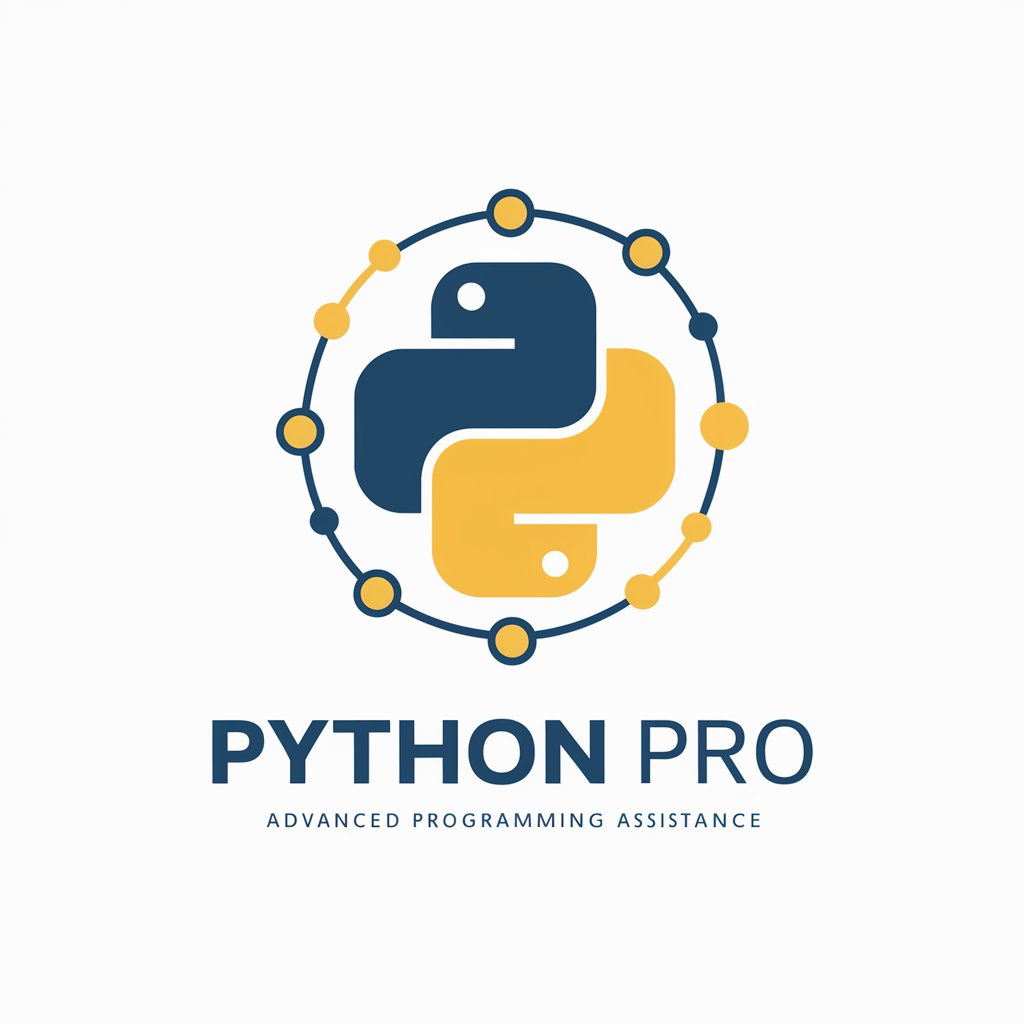
Public Speaking Coach
Empowering Orators with AI Insights
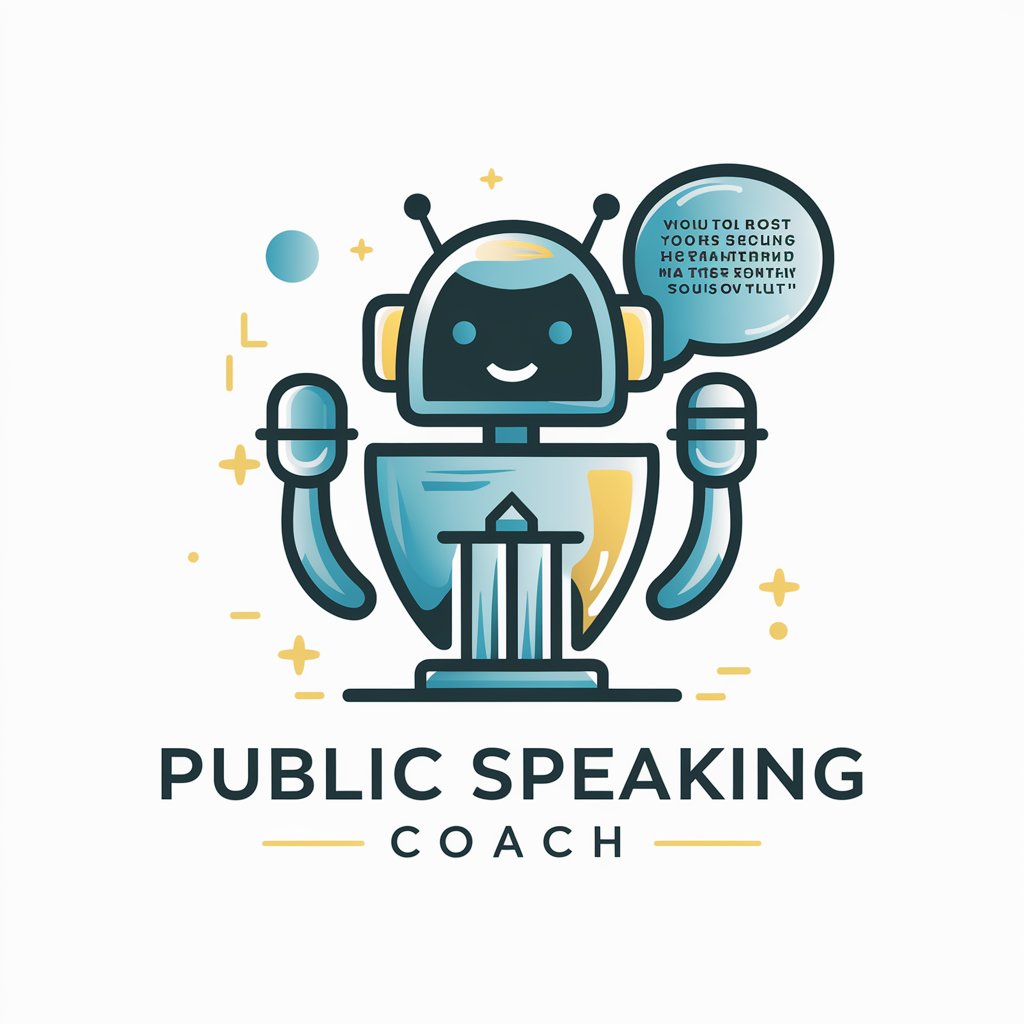
Digital Business Scout
Empowering digital strategies with AI insights

Web Builder Buddy
Empowering your web creation journey with AI.

Music Matchmaker
Discover Music with AI Precision

ViaTravelers - Ultimate Travel Planner
Discover, Plan, and Explore with AI

Start-Up GPT
Empowering Startups with AI Insight

AI in Academia: Detailed Q&A
How can AI enhance academic research?
AI can automate data analysis, enhance literature review processes, assist in hypothesis generation, and support data visualization, leading to more efficient and comprehensive research outcomes.
Can AI tools assist in academic writing?
Yes, AI tools can help in structuring papers, generating drafts, suggesting revisions, and ensuring citation accuracy, thereby improving writing efficiency and quality.
What role does AI play in personalized learning?
AI can tailor educational content to individual learning styles and needs, provide adaptive feedback, and enable scalable personalized learning experiences for students.
How does AI contribute to academic administration?
AI streamlines administrative tasks through automation of scheduling, student inquiries handling, and analysis of enrollment data, improving operational efficiency and decision-making.
What are ethical considerations when using AI in academia?
Ethical considerations include ensuring data privacy, avoiding bias in AI algorithms, maintaining academic integrity, and transparently disclosing AI's role in research and publication processes.



